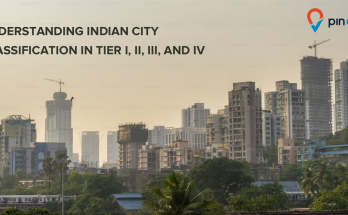,impact of GST on Real Estate Sector
Introduction
The GST Council on Thursday paved the way for rolling out the new tax regime from July, clearing all legislations required for one of the most ambitious reform measures since Independence. Here’s a quick look at the impact of GST on Real Estate Sector:
There are three types of taxes that a customer pays while buying a property – Service Tax, VAT and Stamp duty tax. Service Tax and VAT will be replaced by Central GST and State GST whereas stamp duty stay unchanged as it is out of purview of GST.
There are two open items because of which at present it isn’t possible to predict accurately impact of GST on Real Estate Sector transactions.
- One is the GST rate and second is abatement for land value in total agreement value of under construction residential unit. Taking assumptions based on what market is talking about, we have tried to indicate our perspective of the impact. GST rate might be set at 18% and abatement of land might be only 25% of agreement value as 50% is assumed to be cost of goods and remaining 25% as cost of service. Based on these assumptions the effective GST on under construction property transaction will be 13.5% (3/4th of 18%). Now this rate is significantly high compared to 3.75% – 9% currently being paid as VAT and Service tax put together.
Hence we can assume cost of buying under-construction property will significantly increase after GST becomes applicable from 1st April 2017.
- But there’s another point to be considered. Currently developers pay service tax and VAT on services and goods they procure for construction of residential complex but are not allowed to take input credits of this tax. Because of which end customer pays tax on tax.
- As per estimates given by developer community. This tax on tax adds up to 20 – 25% of the cost of residential unit.
- Hence if GST is implemented and developers are allowed to take free credits of input tax paid. The cost of unit should reduce by 20%. Hence even a 13.5% tax on 20% lesser cost will yield into a lower value of apartment. But there are issues in computation of the same.
- All current under construction projects are at different stages of construction. Hence developers would have already paid service tax and VAT will not get input credit.
- Hence cost reduction will be lesser than 20% for current under construction project.
- GST law clearly mentions input credit will not be available for goods and services purchased for execution of work contracts.
- Presently, we have seen two different interpretations by courts. Whether construction of residential complex is a work contract or not.
- If it is treated as a work contract cost of developer will not reduce at all after GST implementation.
Therefore, we are more likely to believe that cost of under construction residential unit will increase post GST implementation.




One Comment on “Impact of GST on Real Estate Sector”